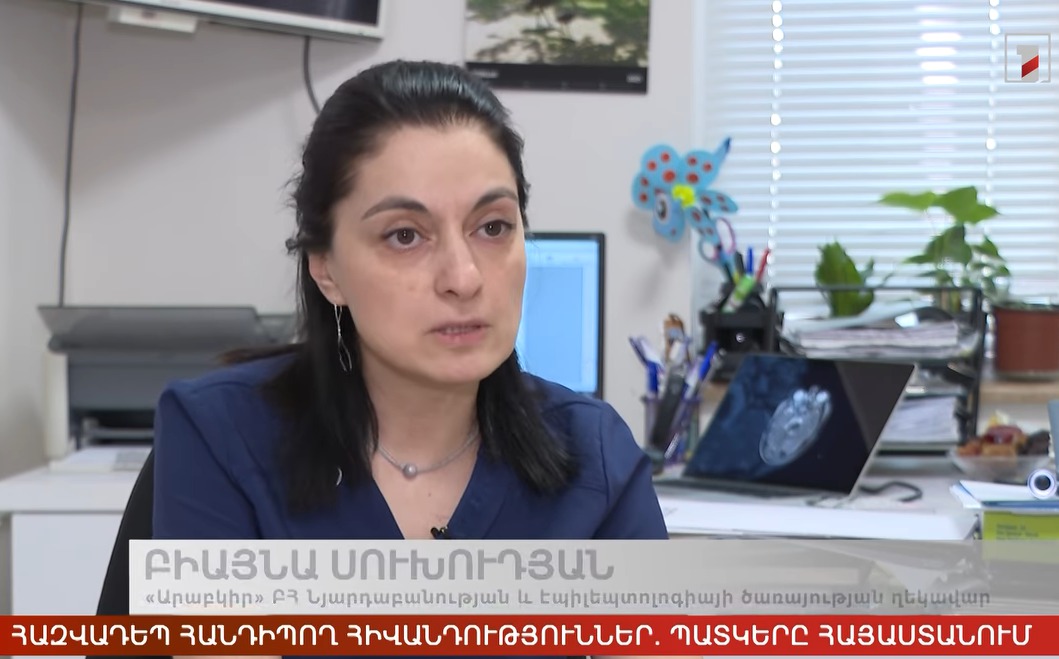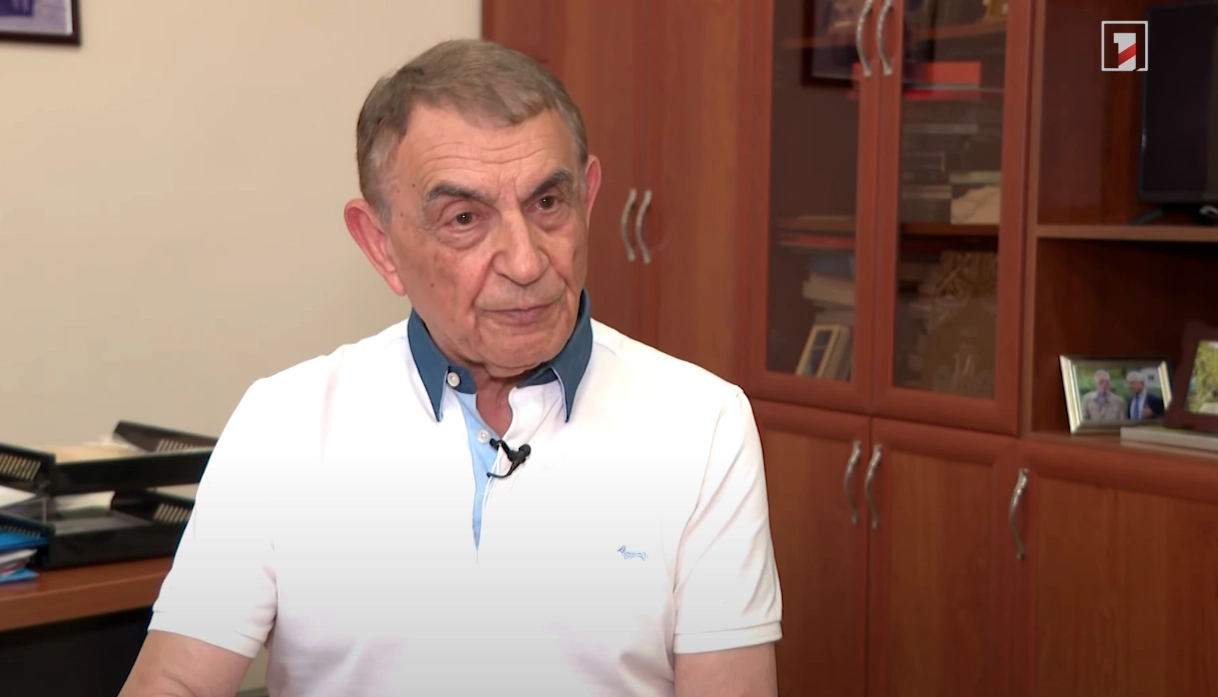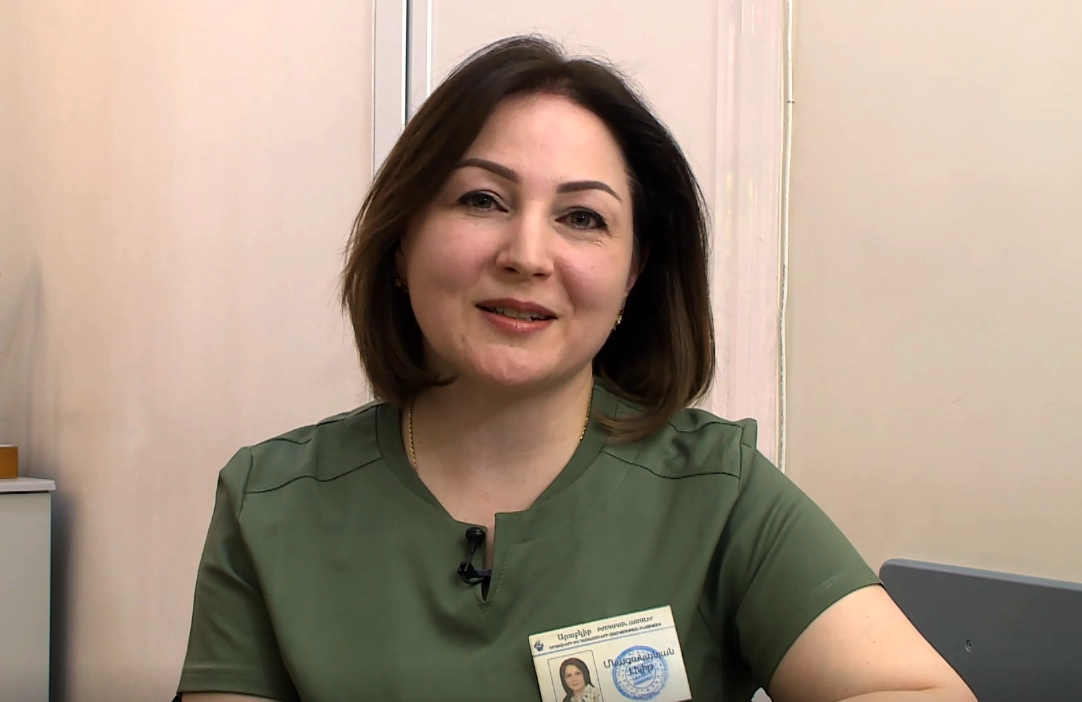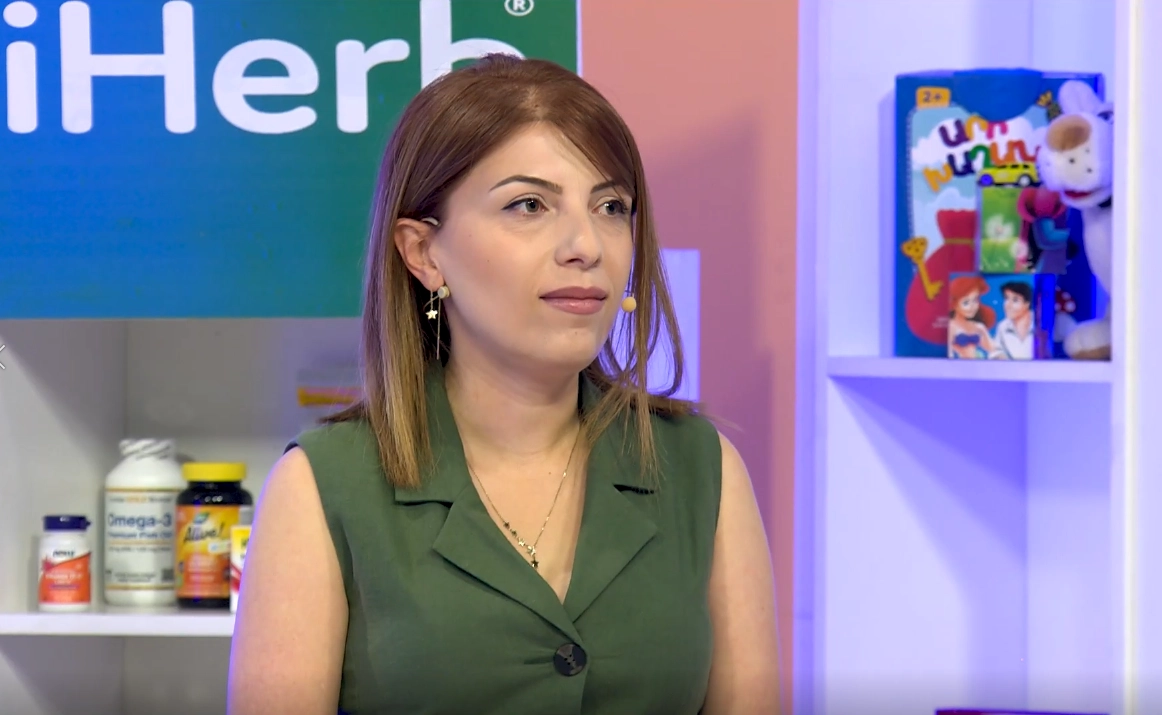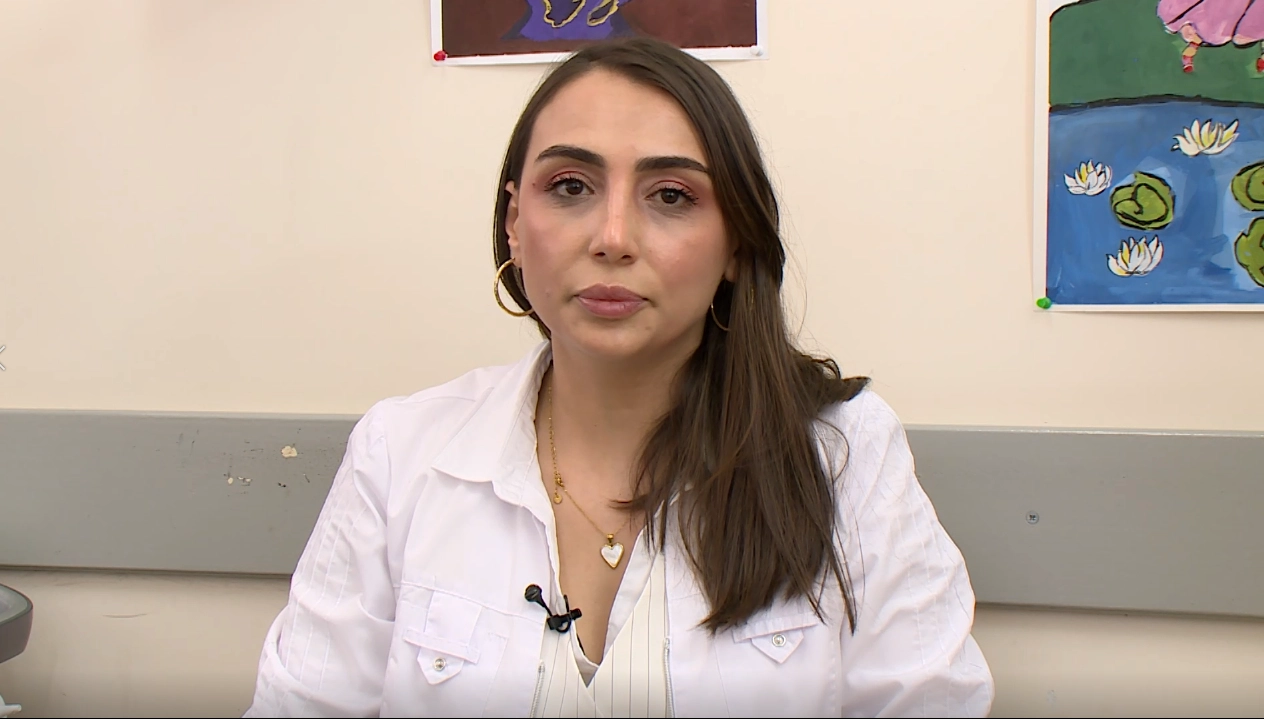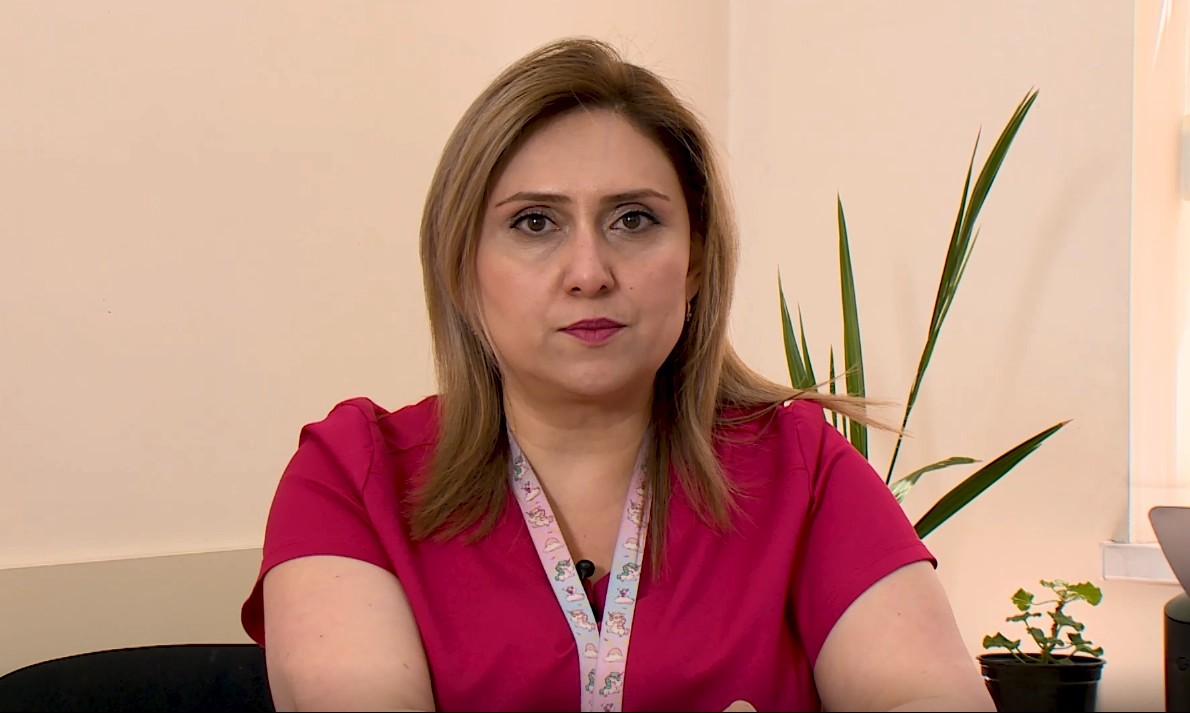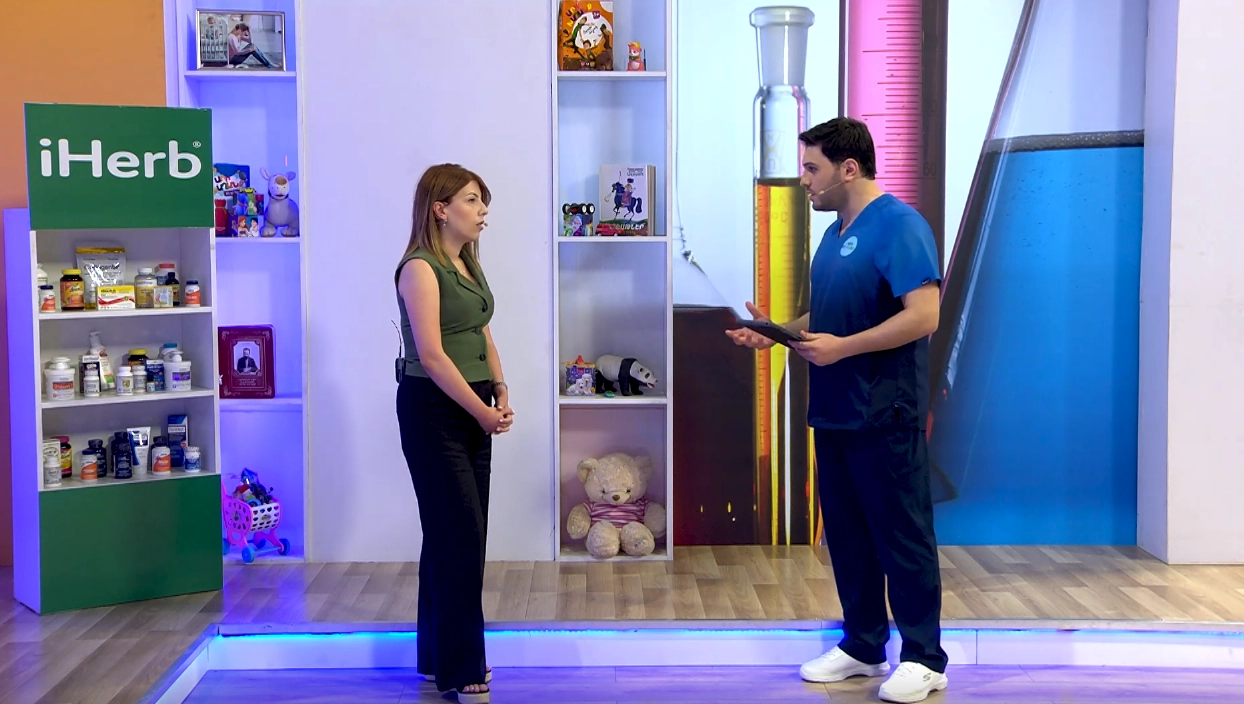On the occasion of Rare Diseases Day, Biayna Sukhudyan, Head of the Neurology and Epileptology Service at the Arabkir Medical Center, answered questions from Public Television's "News" program.
-
In Armenia, 4 newborns annually do not survive beyond 1-2 years due to the inability to swallow or breathe. This same health issue, if it manifests later in life, can lead to bone deformities and muscle weakness, rendering it impossible to move the arms and legs. Interestingly, many of these patients possess exceptional mental abilities and above-average IQ. The problem, which causes extreme disability, is genetically inherited and considered rare globally. However, in Armenia, there are currently 8 children under medical supervision with this diagnosis, according to neurologists at Arabkir Medical Center.
Biayna Sukhudyan, Head of the Neurology and Epileptology Service, shared: “Among the more common rare diseases, I would highlight Spinal Muscular Atrophy (SMA), which has different forms depending on age and the timing of its onset. Unfortunately, genetic treatments are not available in Armenia. Unfortunately, genetic treatments are not yet available in Armenia, while they are accessible in neighboring Georgia, where this costly treatment is provided to children for free through state support.
Doctors are again raising awareness of this issue on Rare Disease Day, which is celebrated on February 29—a symbolic day that only occurs once every four years. Of the nearly 6,000 diseases considered rare, many are hereditary. In Europe and the U.S., these diseases affect about 1 in 10,000 people, while in Armenia, the incidence is higher due to factors such as small population size and higher rates of consanguinity, which increases the risk of genetic disorders. These diseases are complex, hard to diagnose, and often only partially manageable, as explained by Biayna Sukhudyan.
She added: “We currently care for over 100 patients with various genetic diseases. These include conditions such as Rett syndrome, Angelman syndrome, and others. One of the most recent cases involves Creatine Deficiency, which is treatable, and thanks to our international colleagues, this diagnosis was confirmed. The child responded dramatically to the treatment.
Dr. Sukhudyan emphasized that Armenia has made considerable progress in diagnosing rare diseases. While genetic testing is expensive, it provides not only accurate diagnoses but also helps determine which anticonvulsant medications are most effective for epilepsy. Regarding hereditary issues, specialists advise that if a complex disease affects a firstborn child or extends to the extended family, parents should consider modern medical options like family planning instead of divorcing.
She explained: “Through in vitro fertilization, which is available in Armenia today, we can select zygotes that do not carry the disease. These healthy zygotes are then implanted in the mother’s womb, resulting in a healthy child.”
Being informed and supported is crucial for addressing these challenges. The most frequent message on Rare Disease Day is: “You are rare, but you are not alone.”

 English
English
 Հայերեն
Հայերեն Русский
Русский